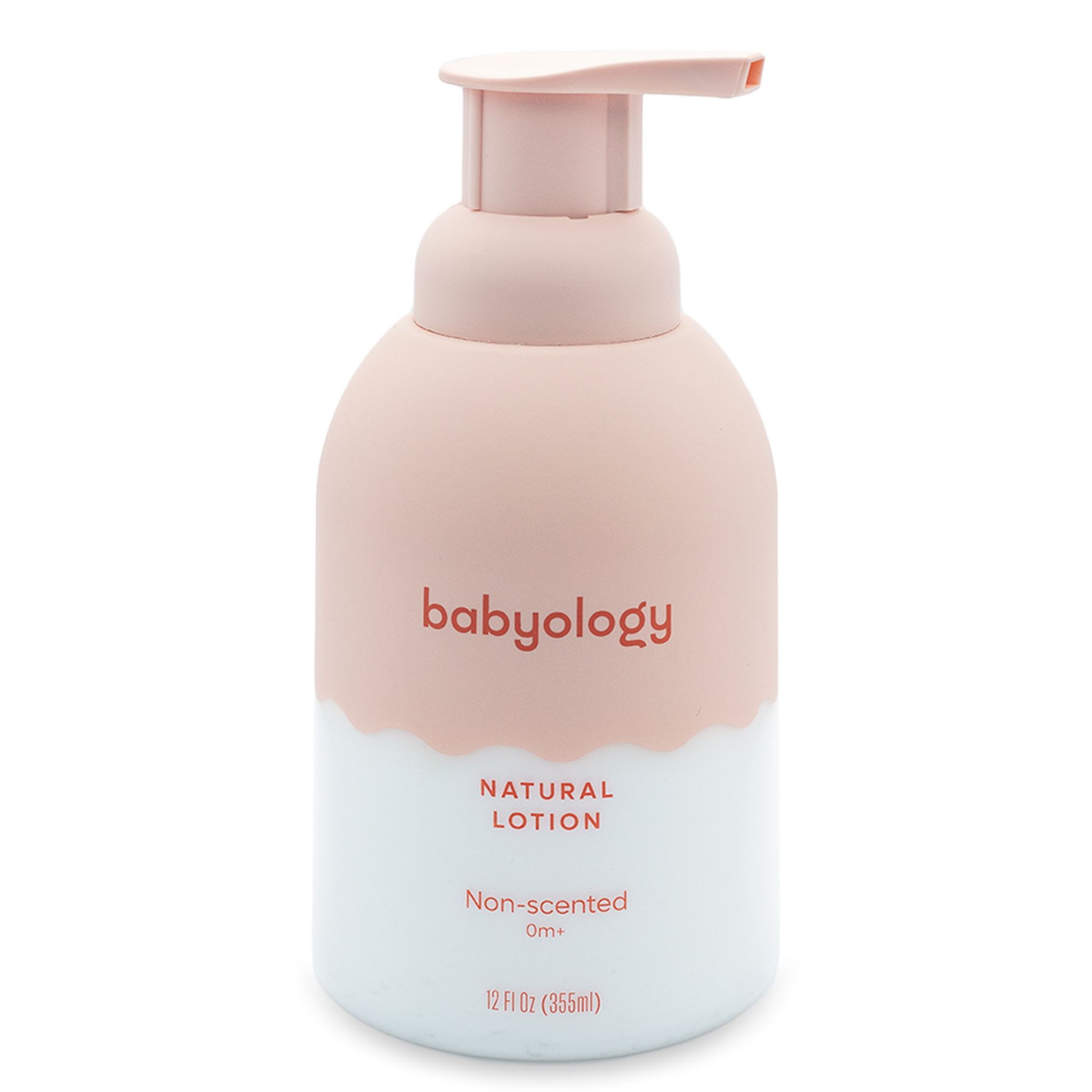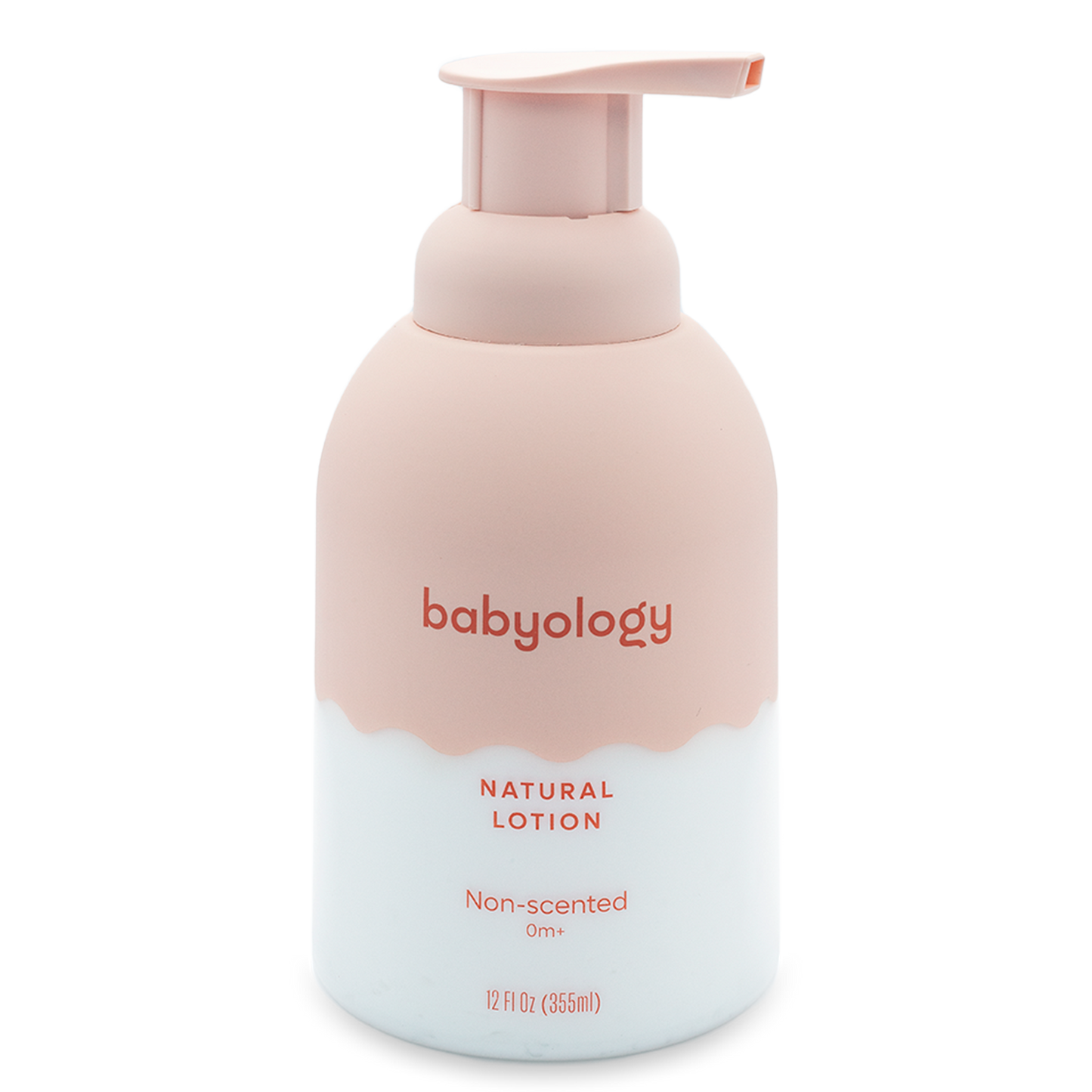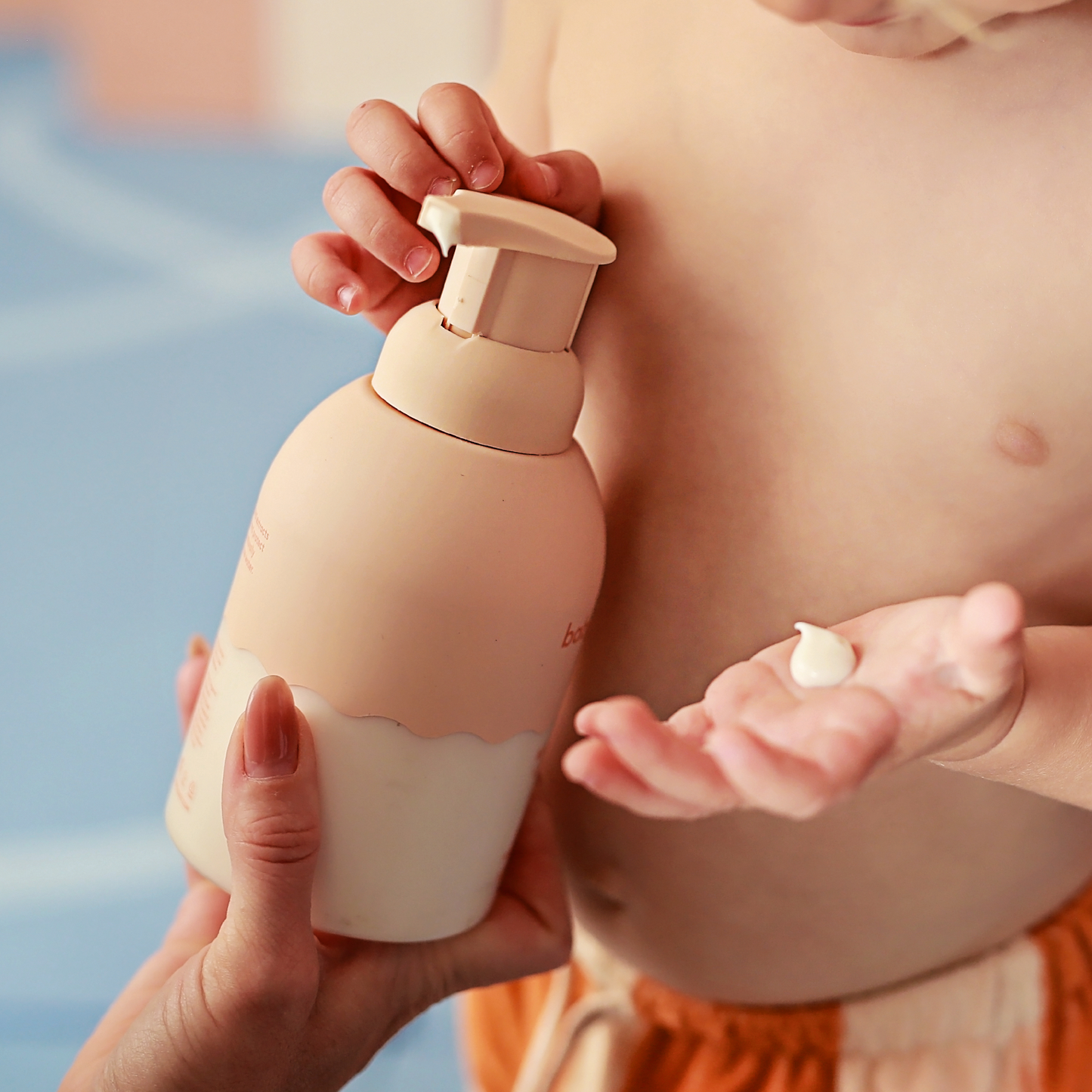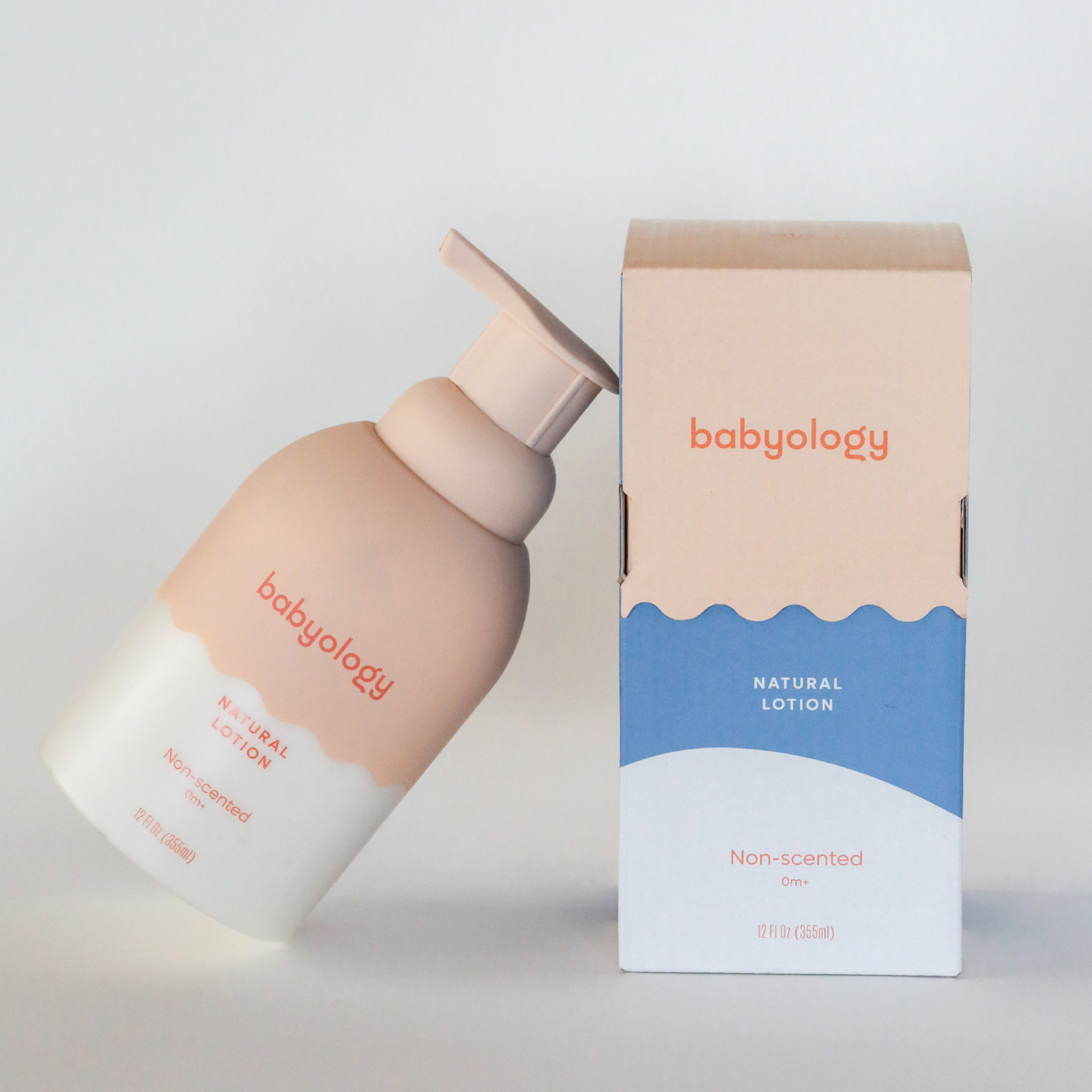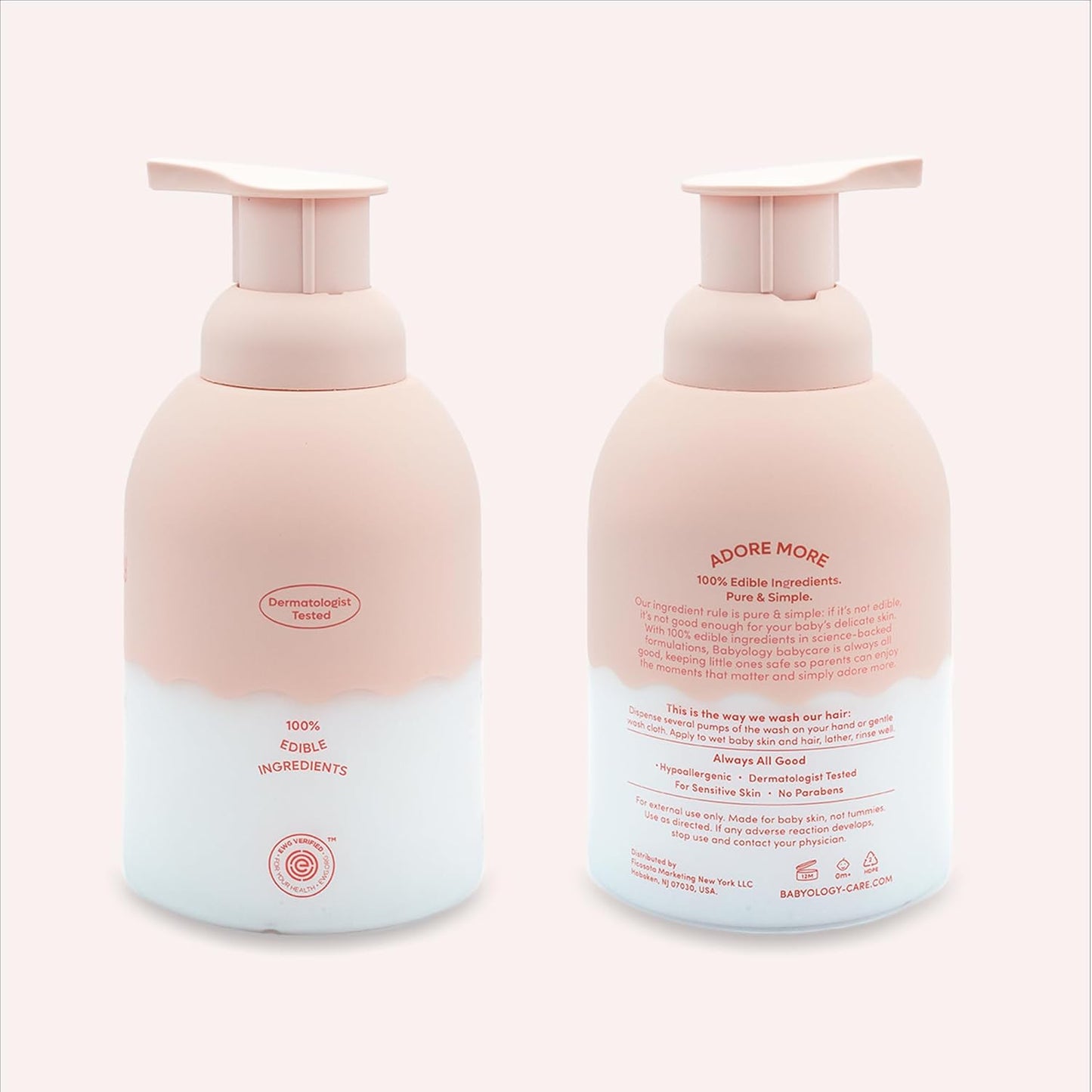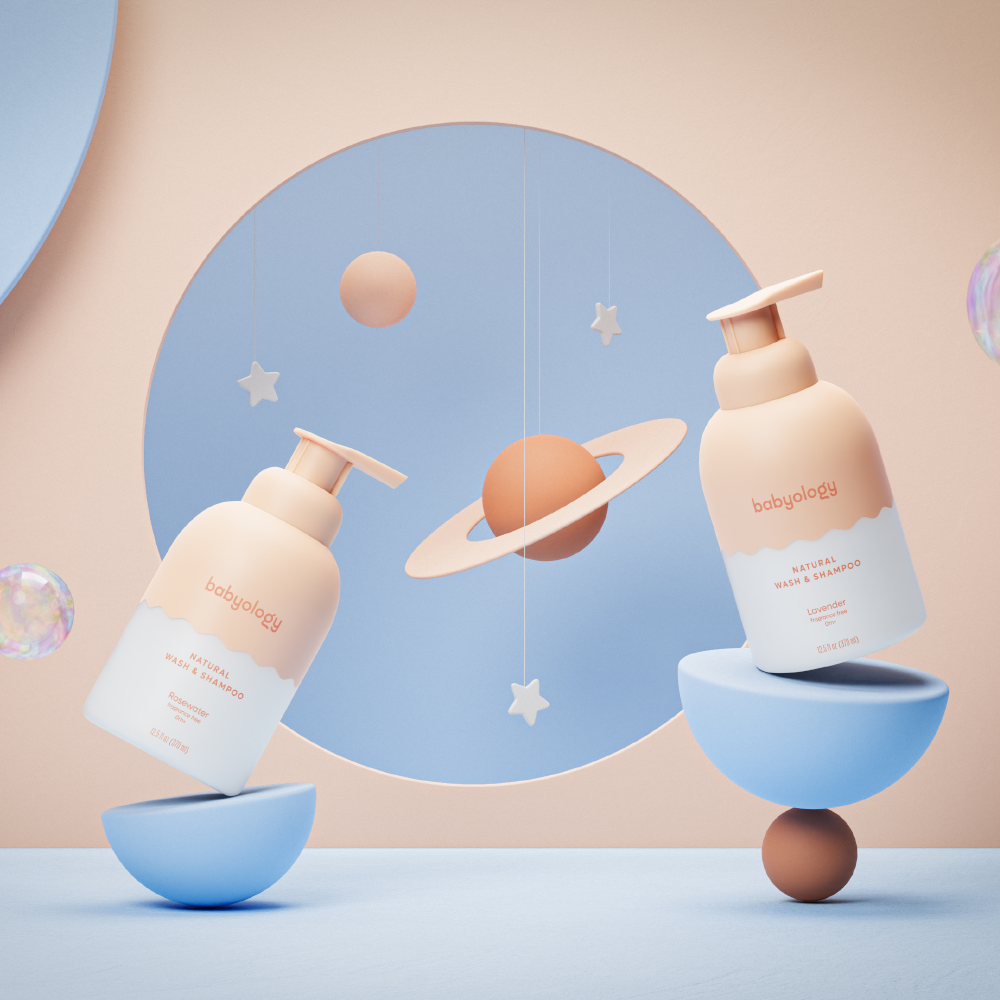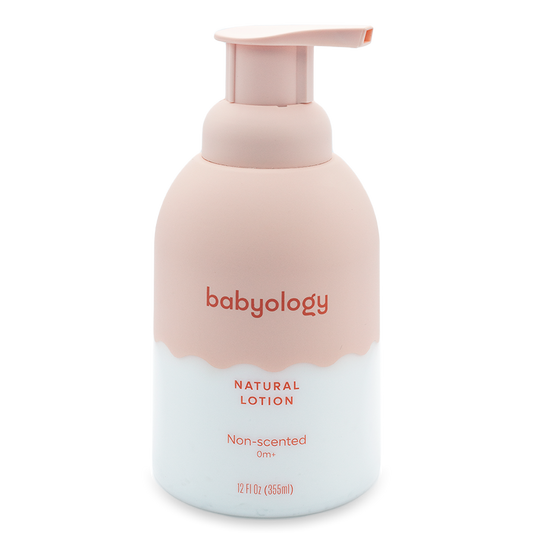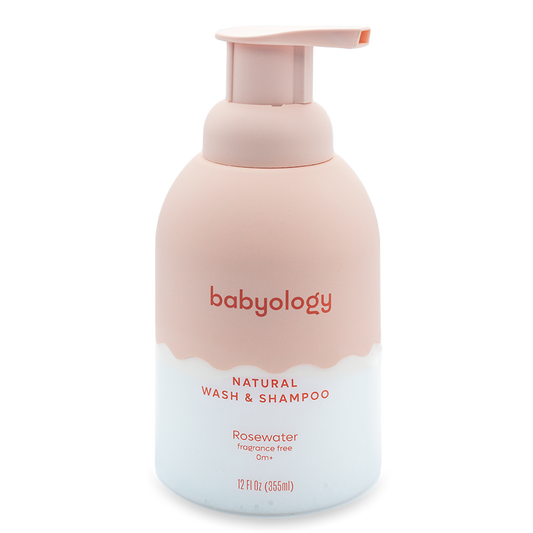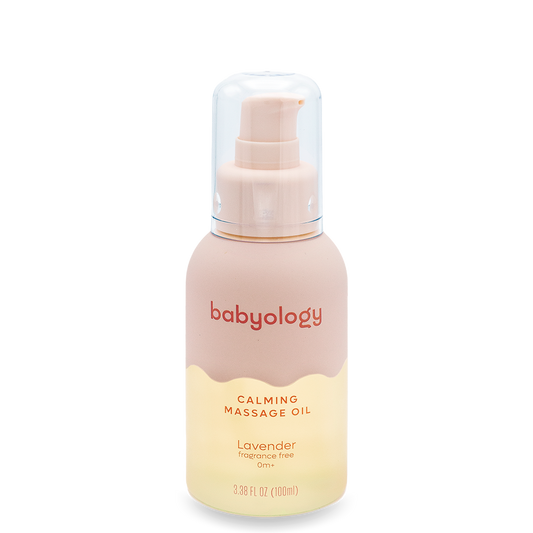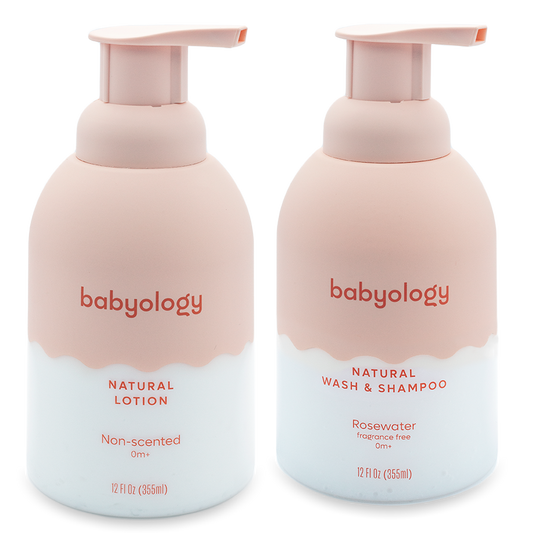A newborn’s skin is unlike anything else. It’s soft, warm, and brand new—but it’s also incredibly fragile. During pregnancy, your baby was surrounded by amniotic fluid and protected by a natural layer called vernix caseosa—a creamy, white coating that acts as a shield. At birth, some of this vernix may still be visible. It’s rich in antioxidants and lipids, and many pediatricians now recommend delaying the first bath to allow it to fully absorb into the skin.
But once that protective layer fades, your baby's skin begins adjusting to the outside world—and that’s when things get tricky. In the first few weeks of life, your newborn’s skin is going through big changes. It's thinner than adult skin, loses moisture more quickly, and has not yet developed the full ability to protect itself. That’s why choosing the best baby lotion for newborns is more than just picking something that smells nice—it’s about supporting how the skin develops in those critical first months.
Understanding How Newborn Skin Works
At birth, your baby’s skin barrier is still developing. That means it’s more permeable, which can make it easier for moisture to escape and irritants to sneak in. It also means that whatever you put on it—lotions, soaps, fabrics—can have a bigger impact. For many newborns, this means dry patches, flakiness, or even redness after bath time. Some babies may also experience neonatal acne, which appears as small red bumps or whiteheads on the face, usually within the first few weeks.
These changes are completely normal, but they highlight one thing: newborn skin is still learning how to protect itself. It needs support—not heavy products or complex routines, just simple, clean care that keeps things balanced while the body does its work.
Why the Best Baby Lotion for Newborns Needs to Be Exceptionally Gentle
Newborn skin requires moisture, but not from just any product. A lotion that’s too thick can clog pores. One with artificial fragrance can cause a rash. And lotions with alcohol or preservatives can dry the skin out even more.
The best baby lotion for newborns is designed to do three things:
-
Protect the skin barrier
-
Hydrate without overwhelming
-
Calm the surface, especially during changes like peeling or breakouts
And it should do all of this using the fewest, safest ingredients possible.
What Ingredients Support Newborn Skin (and What to Avoid)
When you're reading lotion labels, less is more—but it’s not just about how short the list is. It’s about what's in it and how those ingredients interact with the skin of a baby that’s still developing.
Here’s what to look for in a truly newborn-safe lotion:
-
Edible-grade oils like coconut oil and sweet almond oil: These plant-based oils nourish the skin deeply while supporting its natural moisture barrier. Coconut oil is also naturally antimicrobial—perfect for skin still adjusting to life outside the womb.
-
Vegetable glycerin: This gentle humectant pulls moisture from the air and locks it into the skin, which is crucial for babies who lose water faster than adults.
-
Probiotics: While often used in skincare for adults, probiotics are also incredibly helpful for babies. They support the development of the skin microbiome, which is still forming in the first few months. A healthy microbiome helps protect against eczema, irritation, and other common newborn skin conditions.
-
Rose water or aloe vera: These calming ingredients help soothe inflammation and reduce redness, especially after bathing or diaper changes.
What to avoid:
-
Fragrance (even “natural” fragrance that isn’t clearly labeled)
-
Drying alcohols like ethanol or isopropyl
-
Parabens, dyes, and unnecessary preservatives
-
Essential oils in high concentration (even lavender or chamomile can cause irritation if too strong)
If a lotion includes any of these, it’s probably not the best baby lotion for newborns, even if it’s labeled “gentle.”
What Lotion Can Actually Help Newborn Skin
You might notice peeling on the hands or feet. Maybe red patches show up on the cheeks. Sometimes the scalp gets dry, or the skin feels rough in certain areas. These are all common in newborns, especially in the first 6–8 weeks.
A high-quality lotion helps calm all of these things without adding more stress to the skin. Used regularly—after baths or as part of a bedtime routine—it keeps skin soft and supported while helping reduce signs of dryness, tightness, or irritation.
It also becomes part of the bond between parent and baby. That short moment of rubbing in lotion becomes a touchpoint: calming, familiar, and safe.
Why Babyology’s Natural Baby Lotion Is Built for These First Weeks
At Babyology, we designed our lotion with one clear rule: if it’s not safe enough to eat, it’s not safe enough for a newborn’s skin.
That’s why we use edible-grade ingredients, no artificial fragrance, and only functional, nurturing components. Our formula features:
-
Coconut oil to soften and protect
-
Sweet almond oil for gentle hydration
-
Vegetable glycerin to lock in moisture
-
Probiotics to support the microbiome from day one
Every ingredient is chosen to work with your baby’s skin—not just sit on top of it.
What to Look for on Baby Lotion Label: A Quick Parent’s Checklist
If you’re in the store or scrolling online, here’s a simple guide to know you’re looking at a newborn-safe product:
-
✅ Made with edible-grade or food-safe ingredients
-
✅ No added fragrance or hidden “perfume”
-
✅ Free from parabens, dyes, and drying alcohol
-
✅ Contains light, non-greasy oils like coconut or almond
-
✅ Fast-absorbing and gentle enough for daily use
-
✅ Safe enough for use on sensitive, eczema-prone, or peeling skin
If it meets all those standards, it’s not just a lotion—it’s the best baby lotion for newborns. Because it was made for skin that’s still finding its way.
